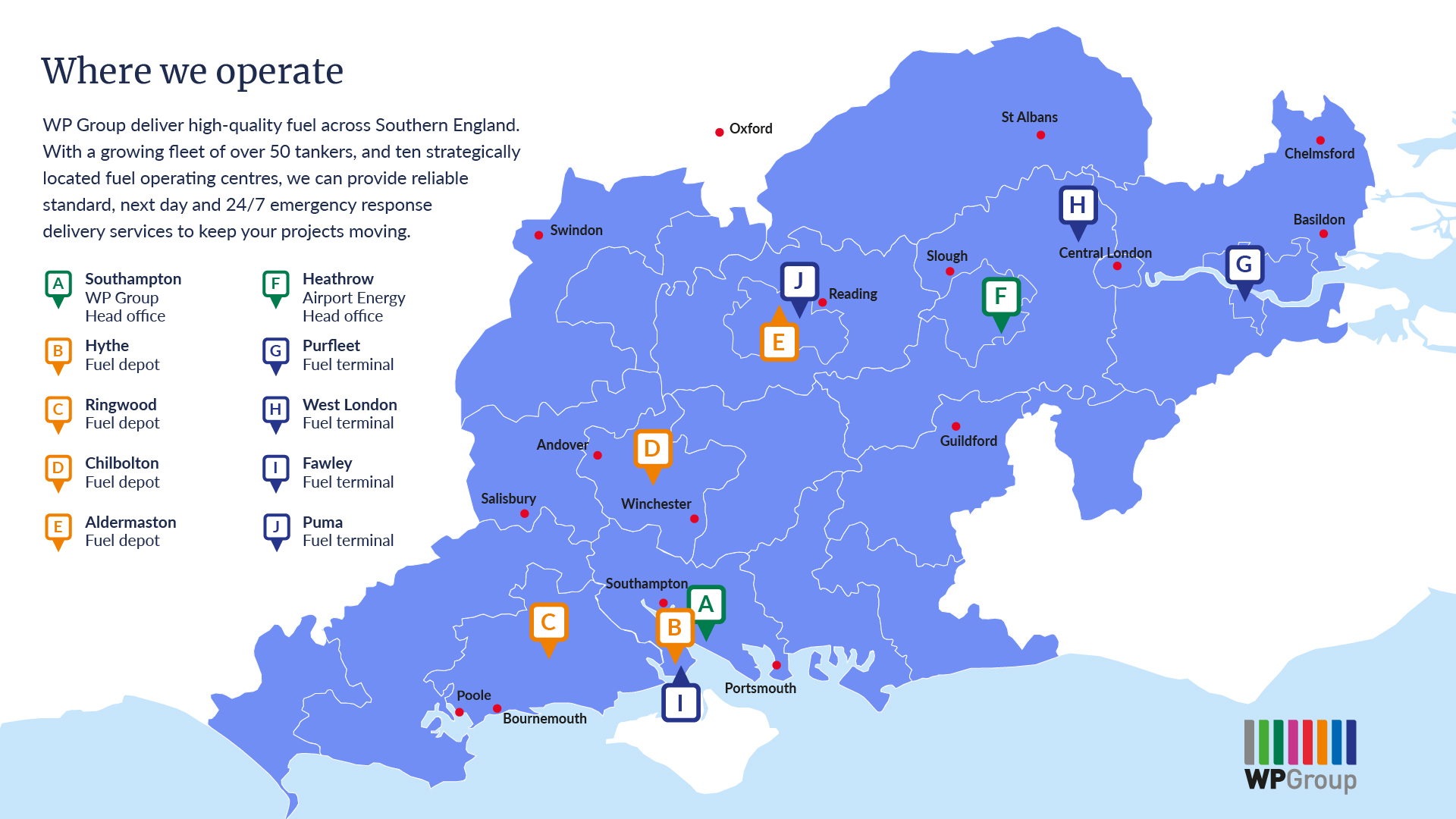Five things to consider before diversifying your farming business
Published Tuesday 3 September, 2019

Amid the uncertainties surrounding the future of the UK’s farming sector, an increasing number of farmers are diversifying away from their core activities in a bid to safeguard their business and gain a new revenue stream. According to DEFRA statistics, 62% of British farms now have some form of diversification, equating to a third of all farming income (£580 million in 2015/16). In fact, for 25% of farmers, revenues from diversifications even surpass those of their original business.
When looking at statistics such as these, it is easy to see why diversification has become a tempting choice for farmers looking to modernise their business and decrease their reliance on the volatilities of traditional agriculture. However, with significant investment required and challenges to overcome, the decision to diversify is not one that should be taken lightly.
So, what exactly should you consider before taking the plunge?..
1. Is diversification right for your business?
As tempting and fail-safe as it may seem, diversifying away from original farming activities is not necessarily the answer for everyone. While diversifying sources of income can be a lifeline for farms, it won’t provide an overnight ‘fix’, especially if the core business is not strong to begin with. Diversifying to save a declining business is a risky move and could result in neither business surviving long-term. Focus on getting your core business into the best possible shape before thinking about diversifying and you’ll see the pay off in the long-run.
2. What should you diversify into?
Modern-day farmers have already seen success from a range of diversifications – from farm shops and ice cream parlours to wedding venues, tourism and everything in between. With a seemingly endless array of possible opportunities, deciding on which option is best for you can be one of the most challenging aspects of diversification. However, there are a few good places to start when deciding on your new venture..
Can you make use of any unutilised resources of infrastructure?
Can you fill a gap within an untapped local market?
What existing skills do you have? Can you utilise these?
Once you’ve decided the best option for you, do not underestimate the value of market research to assess the strength and potential of a proposed new business. Building a sustainable secondary business is not just about getting swept up in the ‘next big thing’, so take the time to evaluate the demand, potential value and longevity of your new offering.
3. What extra resources do you need?
If your diversification is an extension of your core business, you may already have the needed resources to hand. It is likely, however, that whatever your new venture, additional resources will be required.
Skills
Your new business will require a different skill set. While you may already have many of these skills, others might be brand new. In which case, you have the option to either retrain yourself in these areas or hire someone who can bring the needed skills. Both of these options will require investment, so you’ll need to plan for this.
Infrastructure
Similarly, while farming requires a specific infrastructure, this may not be set up to support your chosen new business. Be aware that if developments are needed to existing infrastructure, you may need to acquire planning permission, especially is these are for non-agricultural activities. Check with your local council before embarking on any development work.
Finance
Any business you are planning will require an upfront investment. As part of the government’s support of diversification initiatives, you may be eligible for a grant under the Rural Development Plan if you’re not able to fund this through your existing business. Do your research and find out what’s available to you – and it always ‘pays’ to take some impartial advice at this stage.
4. How will you structure your new business?
Now that you’ve decided on your new business venture and have gathered the required resources, taking consideration of how you plan to structure this business is vital. Will you separate out each diversifying part? Or maybe you’ll embark on a joint venture? Or perhaps a partnership? Each potential business structure has implications on how you plan to take profits from the secondary business, ownership of assets and succession planning – so make sure you are clued up on which is the right option and call on some impartial advice if necessary. Deciding this right from the get-go is a must as it will be much more complicated to change this later down the line.
5. Are there any financial or legal implications?
Tax
This is often one of the main implications when it comes to diversification – and one that is often overlooked. In general, the agricultural sector is taxed far more softly in comparison to other industries. Post-diversification, your business may no longer be defined as a ‘farming’ business and could be eligible for higher tax rates. Avoid any unwanted surprises and find out how your tax rates will be effected when forecasting finances.
Regulations
Each potential industry comes with its own rules and regulations to adhere to. Whether these are to do with health & safety, trading standards or financing, be clear about which boxes need ticking.
Diversification is proving a growing trend within the farming sector – and one with some great success stories. 21st century farming doesn’t just involve growing crops, poultry or dairy, but is becoming a broad and diverse industry, often putting farmers at the forefront of business diversification. Diversification is not for all, however – and developing a long-term, thought out business plan should be top of your ‘to do’ list if you’re considering diversifying.






